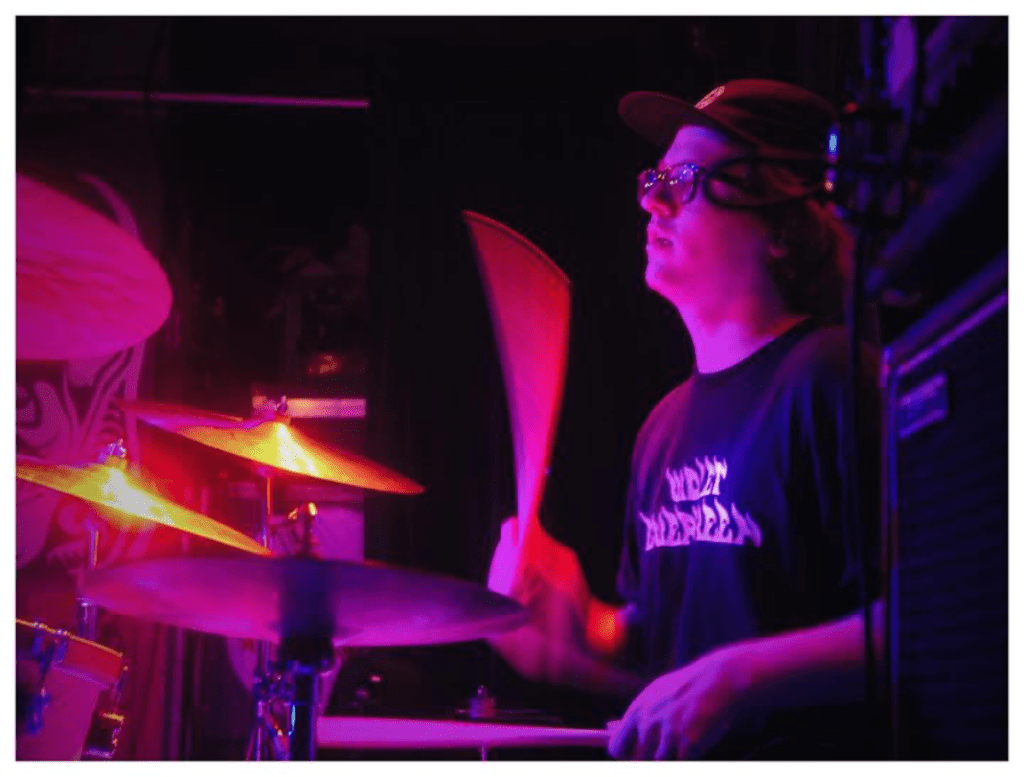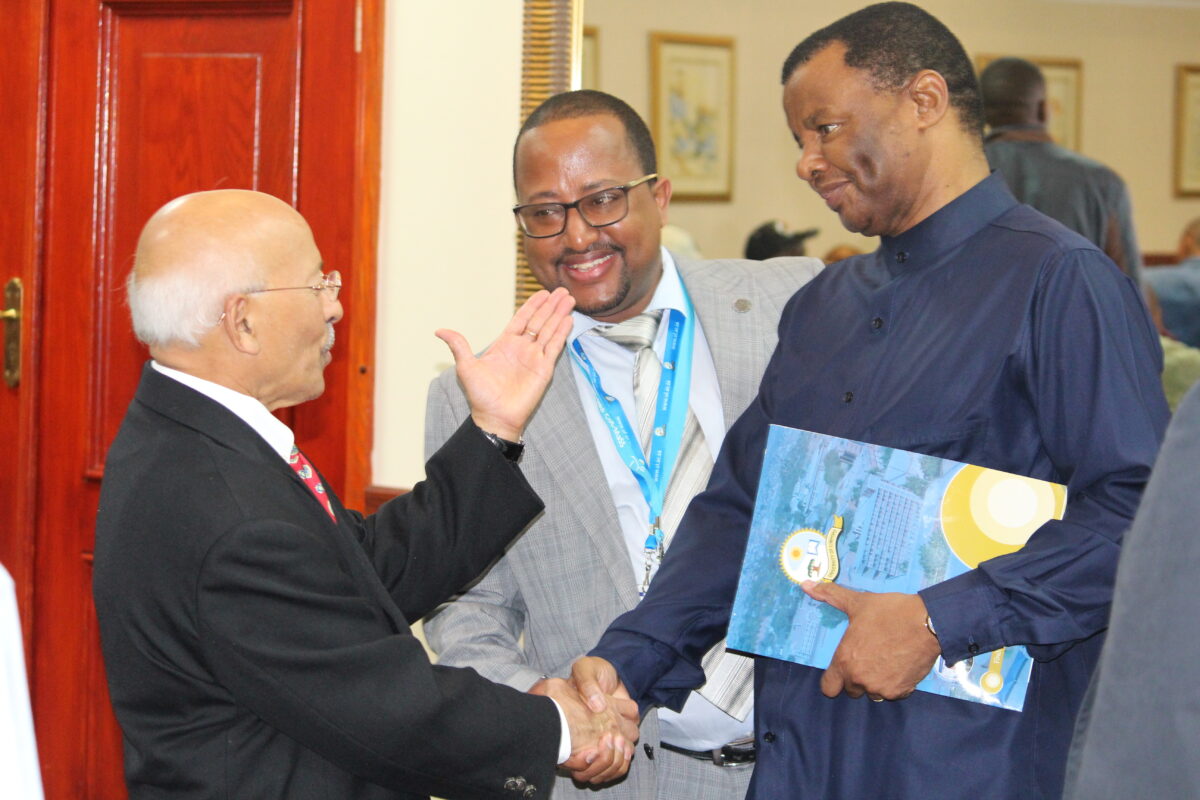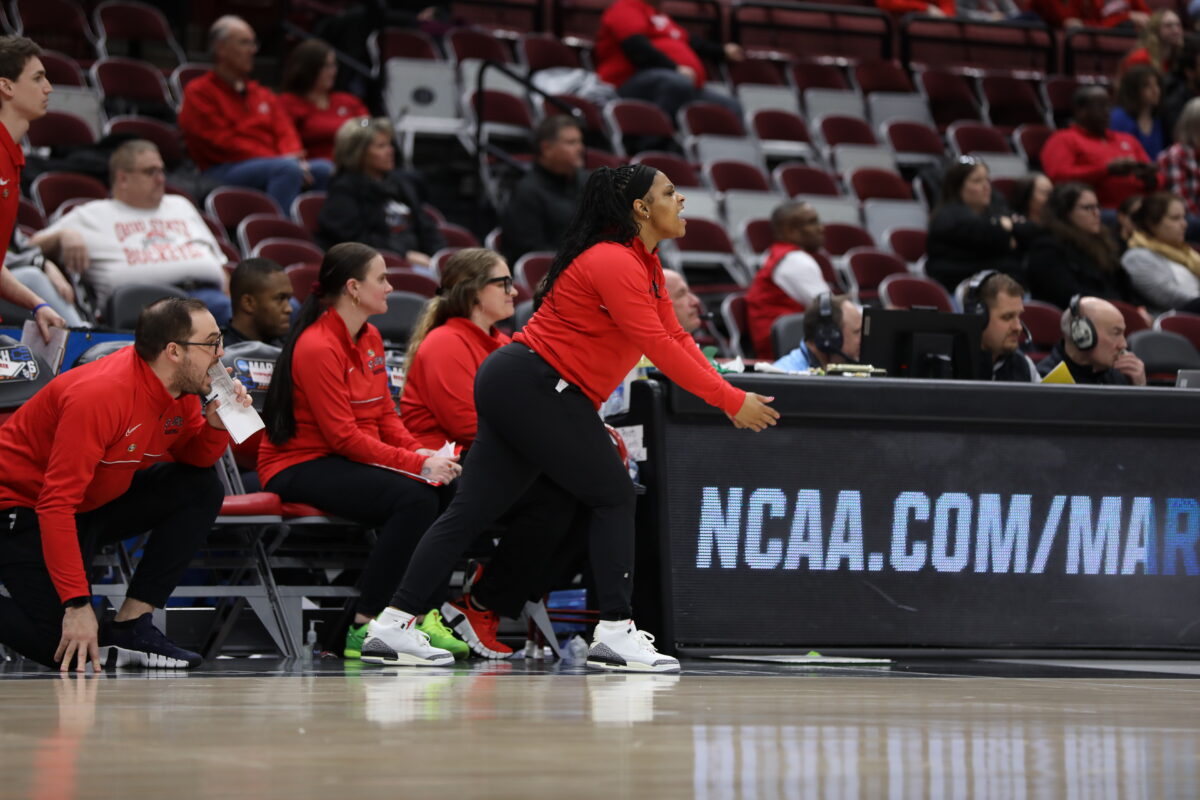Strengthening History Education
UMBC’s Center for History Education recently received a $1 million grant from the U.S. Department of Education’s Teaching American History Grant Program to invigorate the teaching of history in elementary, middle and high schools. This is the fourth grant the Center has received from the Department of Education.
Over the next three years, the Center will collaborate with Baltimore County Public Schools to enable 30 elementary, middle and high school teachers of American history to become Master Teachers. Program partners also include the Maryland State Archives and the Maryland Historical Society. Participants will work with teams of historians, resource teachers and archivists to increase their own knowledge, develop effective strategies for teaching history and acquire new historical materials for their students.
Teachers will attend Summer Institutes and school-year workshops taught by UMBC’s distinguished history faculty on such topics as the American Revolution, the Civil War, the Great Depression and the Civil Rights Movement. John Jeffries, dean of the College of Arts, Humanities and Social Sciences and a professor of history, and Kriste Lindenmeyer, associate professor and chair of history, will be among the faculty at the 2006 Summer Institute.
“The UMBC history department has a long tradition of providing support to teachers of history at all levels, and the Center was born of this commitment,” said Daniel Ritschel, associate professor of history and director of the Center for History Education. “We seek not only to help teachers strengthen their knowledge of history, but also to develop instructional techniques best suited for the history classroom.”
The Center collaborates UMBC’s Martha Ross Center for Oral History (MRCOH) to offer teachers and students opportunities to study community history and create their own oral history projects. Barry Lanman, MRCOH director, has worked with teachers to develop local history projects at schools in Arbutus, Dundalk, Glen Burnie, Halethorpe, Lutherville and Timonium, among others.
The Center also is a resource for educators throughout Maryland and beyond: an online library of lesson plans, created by program participants, can be accessed by teachers across the country. In addition, the Center is planning a conference to bring together prominent educators, policy makers and foundations to discuss access to quality education and suggest policies to strengthen history education.
(2/20/06)



